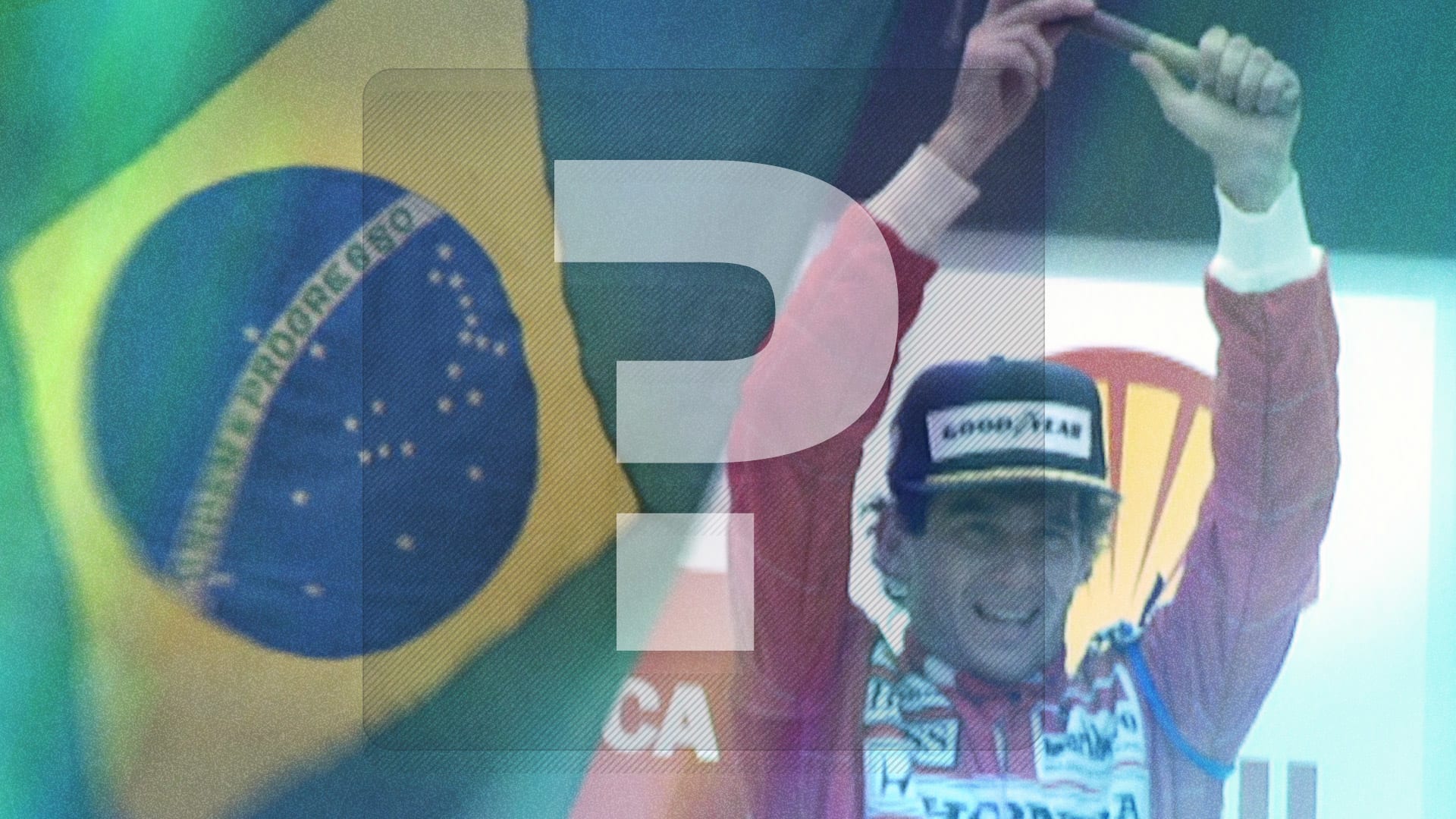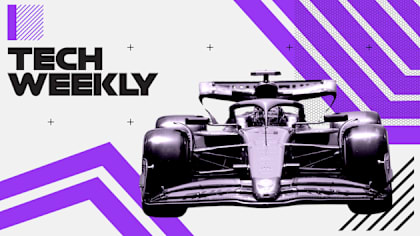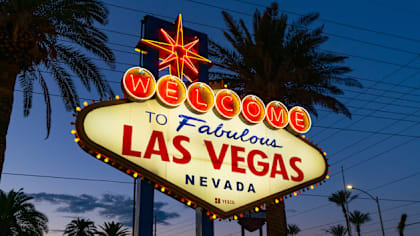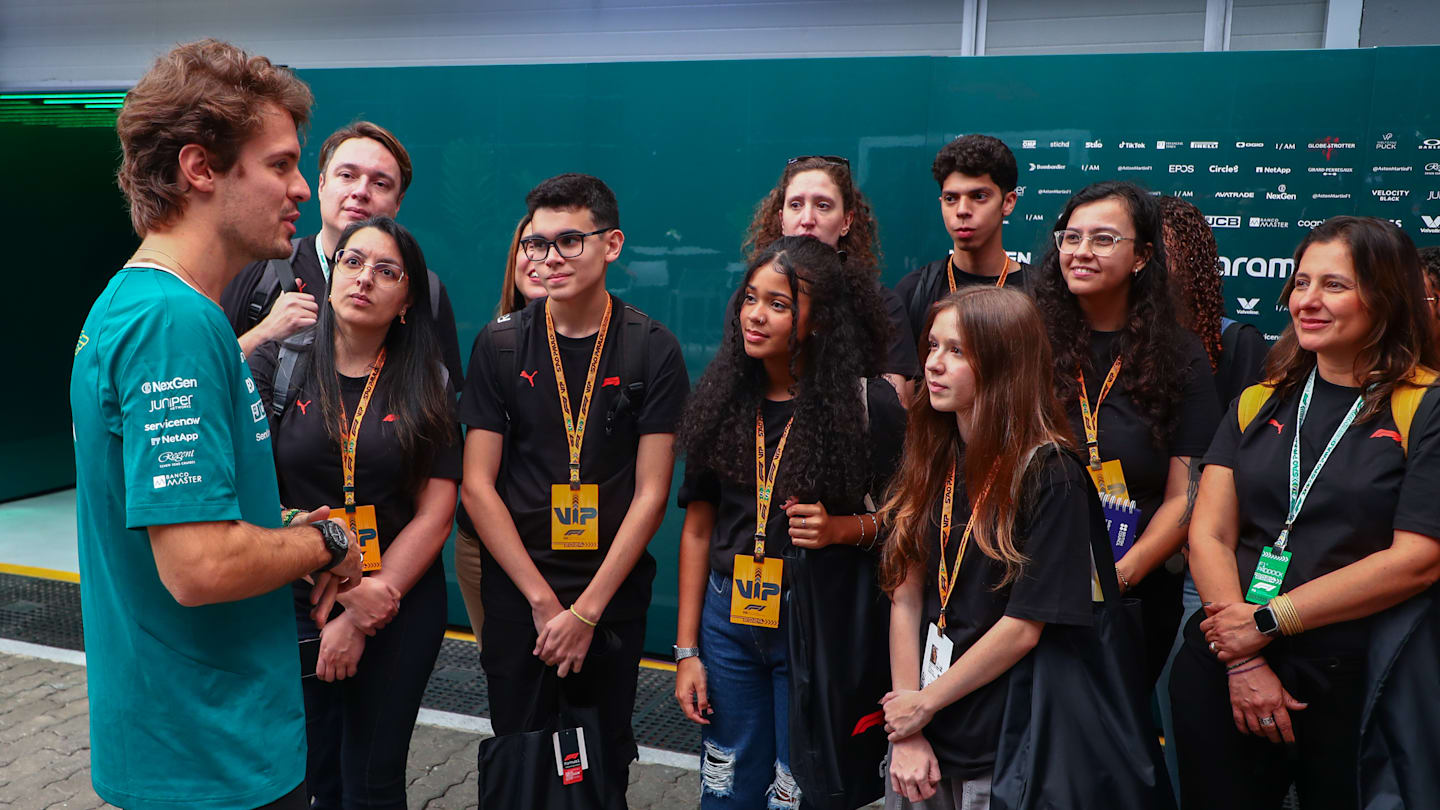
Feature
EXPLAINED: Why F1’s new ‘Learning Sectors’ programme marks an important first for the sport

Share

This week saw Formula 1 – in collaboration with the British Council – launch ‘Learning Sectors’, a new education programme aimed at inspiring young people around the world to get involved in science, technology, engineering and maths (STEM) subjects.
The programme’s launch saw local students, teachers and government officials receive a special behind-the-scenes experience at Interlagos over the Sao Paulo Grand Prix weekend, visiting the circuit and meeting with drivers and professionals from across the sport as well as receiving special tours of the paddock and pit lane.
READ MORE: F1 launches global education programme ‘Learning Sectors’ with British Council
But how will the programme work, and why is it so important right now? F1.com spoke to Pilar Harris, Social Impact Lead at Formula 1, to find out the answers to these questions and more…
What is the Learning Sectors programme and where will it run?
“For the first time, F1 is partnering with British Council, which is an organisation that delivers education programmes all over the world,” explains Harris.
“Through our partnership, we will be able to reach students across four key locations that we’ve identified as being important – the UK, India, South Africa and Brazil – and the idea is for us to work together to create the kind of content that teachers can use in their classrooms to help teach students about STEM subjects. It’s an F1-themed learning experience that we’re creating together with British Council.”
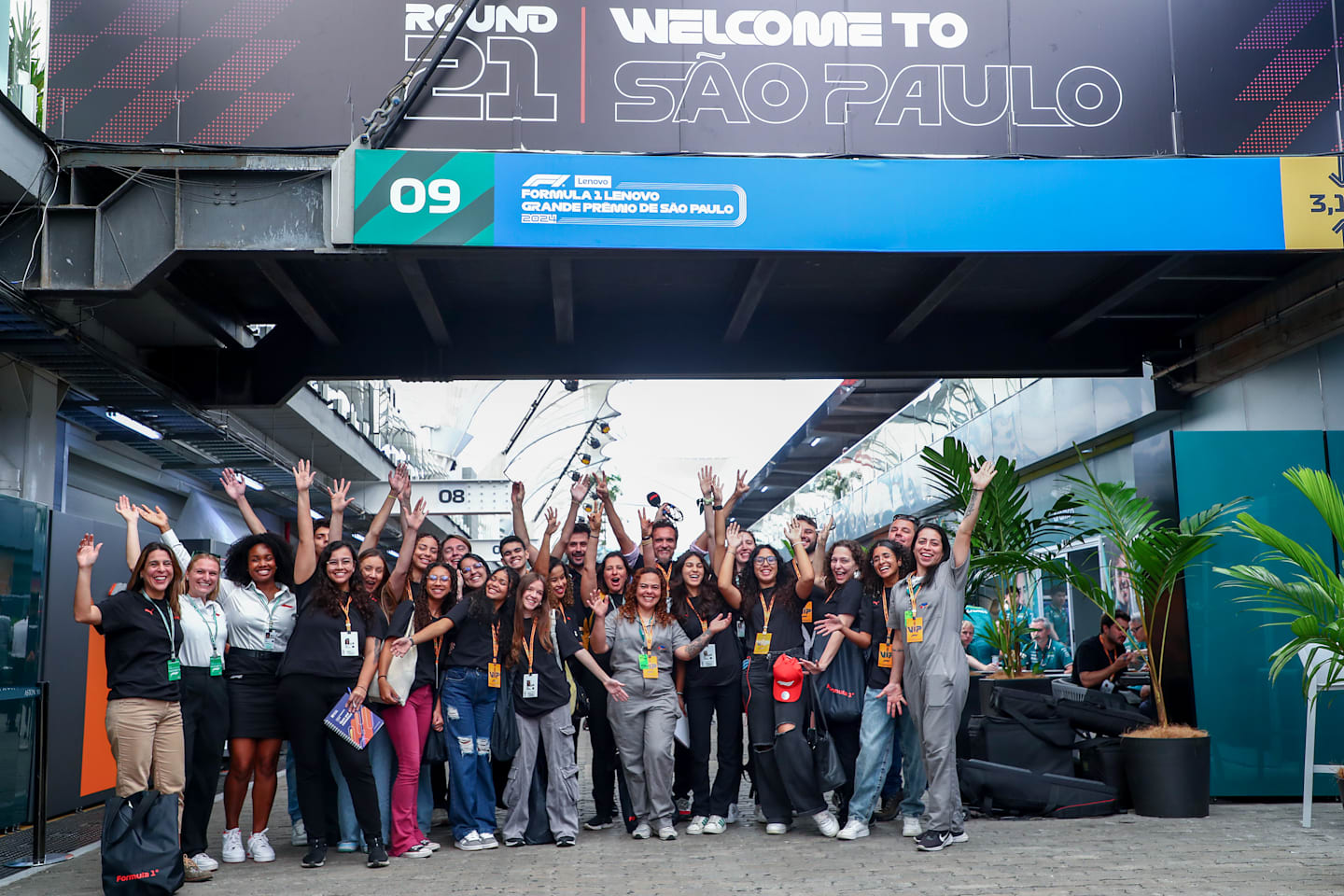
The Learning Sectors programme was launched ahead of the Sao Paulo Grand Prix, with local students, teachers and government officials receiving a behind-the-scenes experience at Interlagos
After its launch in Sao Paulo, the year-long Learning Sectors programme will begin in January 2025 and will work with young people aged seven to 16 in 700 schools across the four countries selected, reaching more than 130,000 students.
Why is Learning Sectors so important?
Formula 1 is known for its innovations both on and off the track – and Learning Sectors involves a key step for the sport by bringing F1 into the classroom and connecting with young people, particularly those from underrepresented backgrounds.
“I think the work is important for a few reasons” says Harris. “The first reason is because a part of what we believe is that one of the best ways to reach students and get them excited about our sport is through STEM learning, and we want to be able to be a part of their educational experience.
“F1 hasn’t had the opportunity to meaningfully do that before, so this is crucial for us as a sport to be integrated in classrooms where students are learning.”
This feature is currently not available because you need to provide consent to functional cookies. Please update your
Will it contribute towards increasing diversity and inclusion in F1?
“I think the other reason why this work is important, as we look over next season and things we want to accomplish in the future, we’re always thinking about how we create a more diverse and inclusive sport,” Harris continues.
“By partnering with schools around the world and by creating a very accessible, very affordable learning experience, we’re actually able to reach students from underrepresented backgrounds who might not normally have access to some of the cutting-edge technologically-driven learning experiences that are out there.
“When we think about how we create more inclusion and widen the doors for people who might not otherwise find their way in, Learning Sectors is one of the ways that we get to do that, which is amazing.
“The other thing that I think is really special is [that], more and more, when we think about the fanbase, there are so many young people interested in Formula 1 and want to be a part of it, and so we think we’re creating something that even our youngest fans can wrap around and feel like they belong to something, and that’s really important as well.”
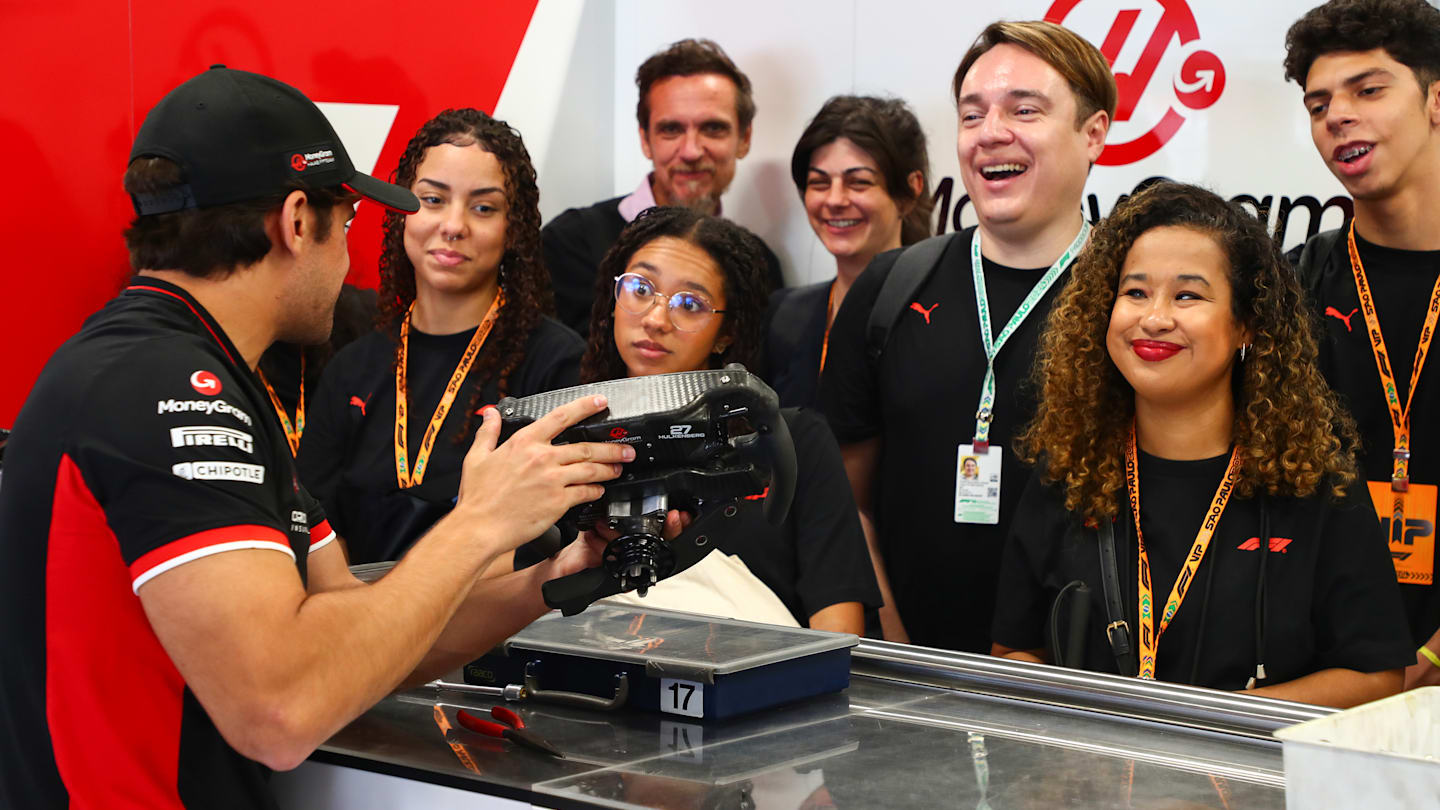
Through Learning Sectors, young people who are interested in Formula 1 are able to connect to and feel a part of the sport
What does the programme mean for F1 and how does it build on the Environmental, Social and Governance (ESG) activities already in place?
“That’s a great question,” answers Harris. “I think the ESG initiatives and framework that’s already in place has two really key components that come to life through this programme.
“One of those is creating a more diverse and inclusive sport and really unleashing the power of diversity by bringing more people into our world, and that’s a core part of our ESG strategy and an important part of how we think about growth, so I think it’s important to F1 in that way.
“The other thing is leaving a lasting positive change in the places we race. We believe that F1 has a responsibility to work together with partners, with promoters around the world to have an impact that goes beyond race weekends, and this opportunity for us to be integrated into classrooms all over the world really does mean that we have a day-to-day presence in the lives of young people.
“It’s diversifying the reach but also creating that touchpoint for younger fans to be part of F1 through their learning.”
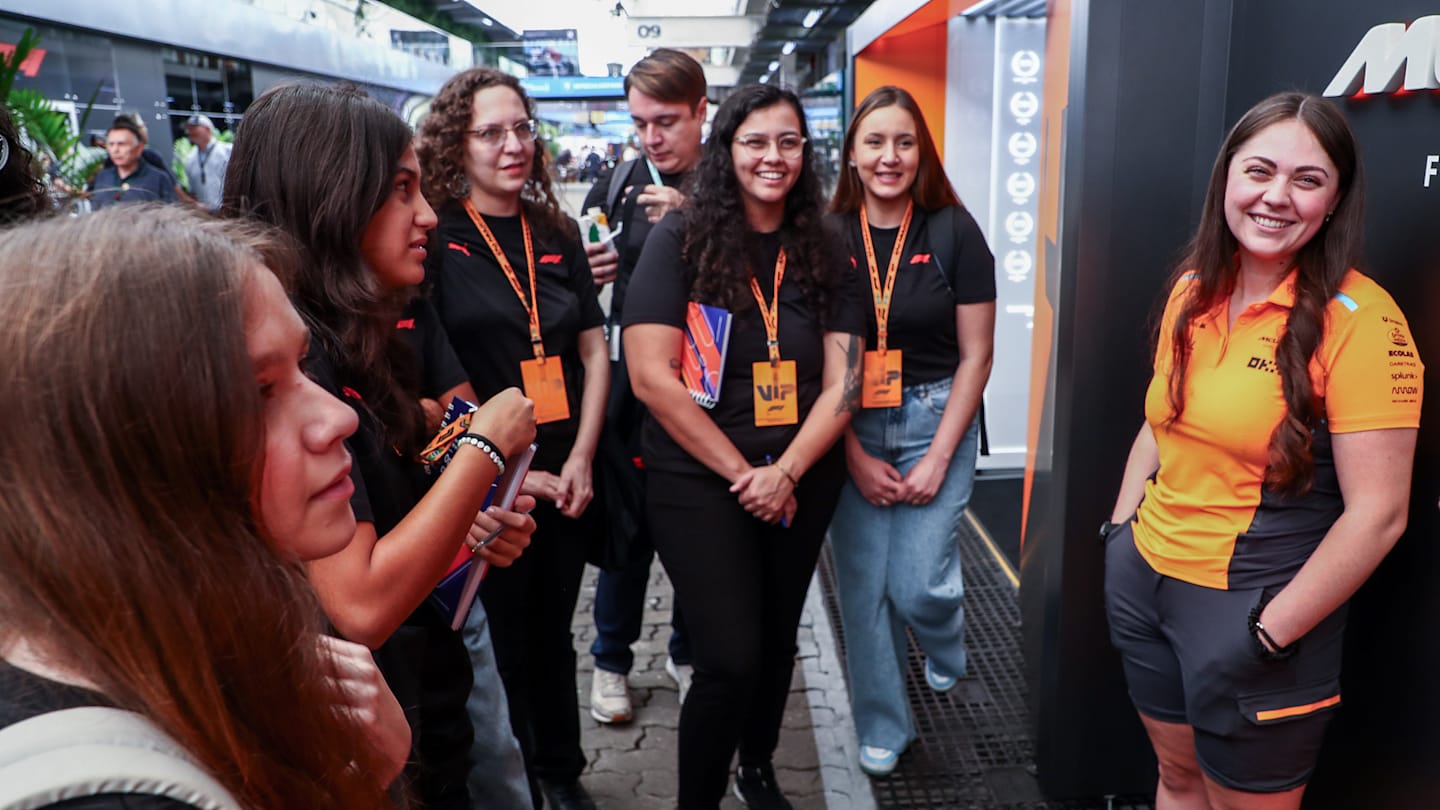
Following the launch in Sao Paulo, Learning Sectors will also run in the UK, India and South Africa as well as Brazil
Will the programme be different across all four locations?
While Learning Sectors will be similar in every location, Harris explains an exciting aspect that links some of them together, fostering strong international connections between the participating schools.
“In the UK, India and South Africa, British Council will use what they call their twin schools approach, which is [where] they actually pair a school in one market with a school in another, so you could have a school in the UK and a school in India move through the programme together and share their learnings and findings at the end of the term.
READ MORE: Mission 44 and Formula 1 launch collaboration to drive forward diversity in motorsport
“Brazil will run on its own track and the programme there will be delivered through learning labs all across the country.
“[It’s] one of the places that we identified as having a population with access to education where there’s a growing interest in technology. We thought [launching there] made sense given that we’re a tech sport [and] able to bring those students something that feels really exciting and new.”

RACE TICKETS - LAS VEGAS
Don't miss your chance to be at the next Grand Prix and experience F1 on the streets of Las Vegas...
YOU MIGHT ALSO LIKE
News ‘I almost want to race for them again!’ – Grosjean ‘so proud’ of former engineer Komatsu amid early success as Haas team boss
TechnicalF1 Unlocked TECH WEEKLY: The key benefit of McLaren’s new rear wing in Brazil that couldn’t be utilised in the race
Feature Unique things to see and do in Las Vegas, the entertainment capital of the world
News Formula 1 welcomes KitKat as Official Chocolate Bar partner
